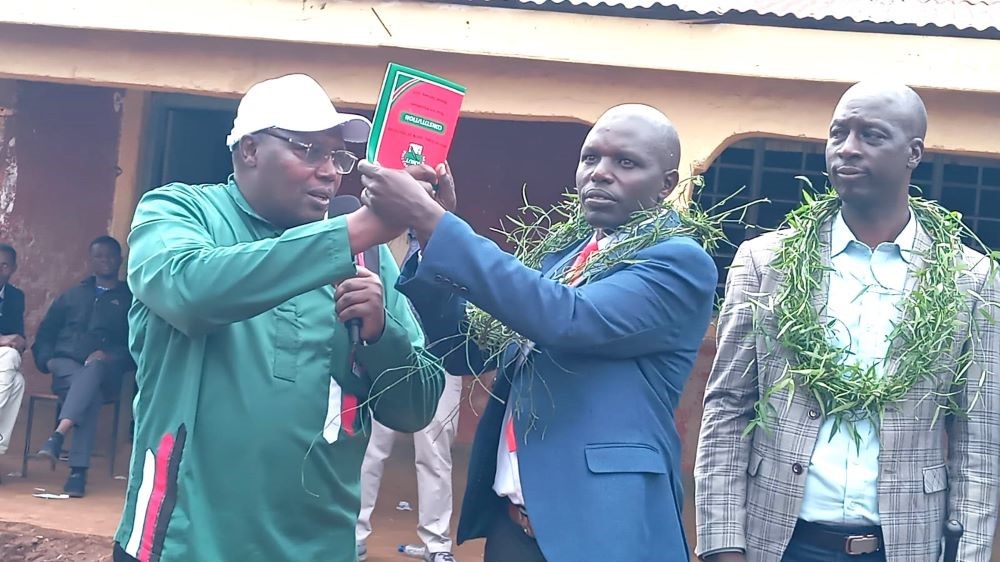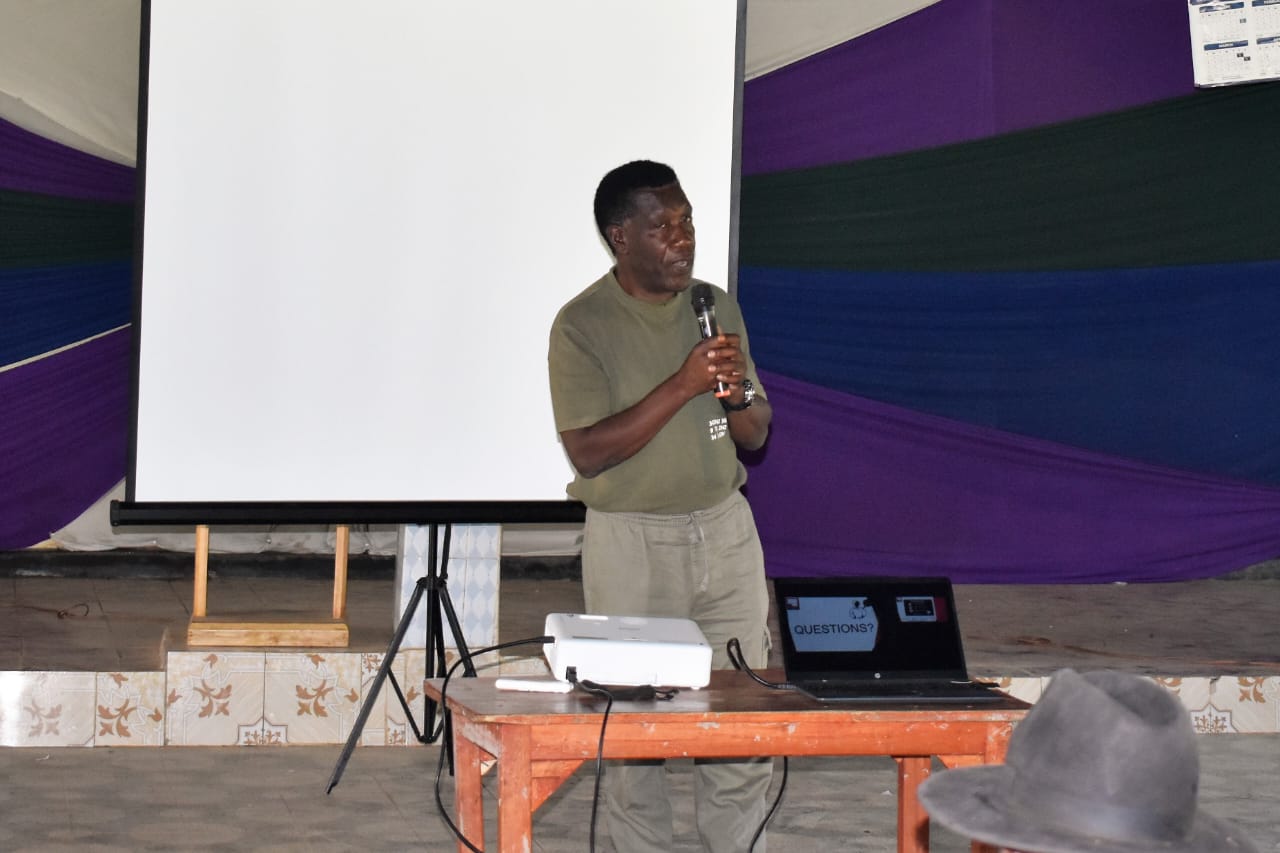Proper syllabus-coverage prepares Form Fours to sit for KCSE. It is what most secondary schools strive to do. Albeit, timely completion of syllabus is not the be-all-and-end-all. Schools that are prone to Best Academic Practices, strive to press the best buttons to make the content sink deep in candidates.
Timely completion of syllabus permits teachers handling Form Four plenty of scope to explore wonderful ways of polishing pale parts and sealing yawning gaps in the candidate class. They get ample time to dot the I’s and to cross the T’s. They launch a serious revision programme. As they focus on well-thought-out ability grouping, active group discussions, banking on all forms of consultation, guided exams, supervised cyclic reading of notes, guided examinations, topical teaching, research-based learning, subject-based contests, symposia, hot sittings, et cetera.
- Well-thought-out Ability Grouping
In the Masterclass Blueprint, Paul Wanyonyi posits that ability grouping is one of the stupendous strategies that enhances content mastery in the candidate class. There are five approaches to ability grouping namely: General, subject-based, academic villages, parenting groups (family units) and pairing of students.
In general ability grouping, schools come up with streams based on academic performance of candidates. After sitting for a standard exam, students are streamed without labelling learners. This in turn helps the school to focus on fattening the head, as they cut or reduce the size of the tail.
The top class is a cohort of high achievers, academically-gifted candidates who can fight for the enviable positions in the top 20 or 100 in the national ranking. Top candidates should work on the (Kaizen) Principle of Continuous Improvement, sit for at least a full paper on daily basis, engage in self-evaluation, conceptualise the art of examination, fill the yawning gaps, work for straight A’s in the subject cohorts, spearhead peer teaching, join academic villages, be prone to one-on-one conferencing with teachers.
The low and slow class is of aspiring high achievers, who should believe that there is room for improvement by taking RATs and remedial lessons seriously. Grasp the basic simple concepts in Forms 1 and 2. Focus on all forms of consultation. Master the art of examination. Focus on Table of Specification (ToS) or the Test Blueprint. In the whole scheme of things, very weak candidates should target D+ and above in the core subjects, and a C and above in the optional subjects.
In subject-based grouping, tutors group candidates according to their performance in particular subjects. Teachers can have one-on-one conferencing sessions with each group. The bottom group should be able to score above a C- in the subjects. Pertaining academic villages, candidates gather based on their common targets or aspirations. For instance, student leaders or repeaters.
In parenting groups or family units, schools form families. Every family must have a teacher-parent to guide students. In pairing, high achievers, struggling students pair up with top achievers.
- Active and Productive Group Discussions
Every group should have a moniker, group leader, and set realistic targets. Raft of rules and objectives should be put in place to protect the group from veering off the lane like rogue road users.
Group activities should include guided group discussions, group exams, making of marking schemes, group consultations and peer teaching.
There are four major types of group discussions, namely: Socratic seminars, fish-bowl, jig-saw and think-pair-share. In Socratic seminar, the teacher or group leader comes up with quality questions that are posed for members to give responses. These mainly open-ended questions encourage group members to think critically about the syllabus. It is the best one for a weekend programme, where students take turns in active discussion, as the rest of the class listens aptly. The inner sanctum should be made of active participants – the outer one, observers.
In jig-saw, a student becomes an expert in a certain area, and generally shares knowledge with other learners. Students divided in small groups precede this. Each group discusses and learns more in relation to a particular topic. Students are then reshuffled to create new groups with representatives plucked from the previous groups. In the new groups, each student is held responsible for sharing aspects of their original discussion. On think-pair-share, each student works independently on a particular topic. Then meet to share readings and research.
- Banking on All Forms of Consultation
Useful forms of consultation include: one-on-one consultation with teachers, peer consultation, class consultation and group consultation.
- Supervised Reading of Notes
Teachers should supervised reading of notes. They should remind students to read summary notes. They should read the core course books. Teachers handling languages should supervise the reading of the KCSE set texts. Or else, students’ responses in exams will always be replete with textual and factual errors.
There should be guided reading, where candidates are assigned to read certain topics. These topics should encompass areas pointed out by pundits in the KNEC reports, and the ones cited in the Table of Specification (ToS) – ‘a must come areas’.
- Guided Examinations
To help candidates read particular areas, teachers should identify the topics worth testing. Then, an exam should be set based on what has been read. This can take the format of RATs. Opening of term exams must be lifted from topics given as holiday assignments.
Finally, secondary schools can focus on topical teaching, research-based learning and contests; symposiums and review of past exam papers – mocks, joint exams and past KCSE papers.
By Victor Ochieng’
The writer is an editor, author and peripatetic public speaker.
Get more stories from our website: Education News
You can also follow our social media pages on Twitter: Education News KE and Facebook: Education News Newspaper for timely updates.






